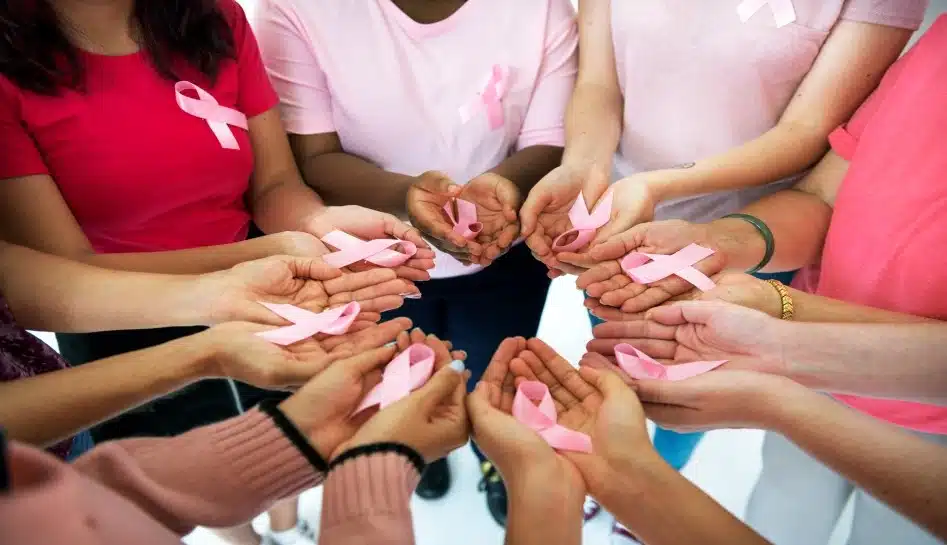Nearly 2.3 million women die from breast cancer each year, making it the first or second leading cause of cancer deaths in 95 percent of countries.
The Global Breast Cancer Initiative Framework launched by the World Health Organization (WHO) earlier this month provides a comprehensive roadmap to reduce breast cancer mortality by 2.5 percent per year and save 2.5 million lives by 2040.
Nearly 2.3 million women die from breast cancer each year, making it the first or second leading cause of cancer deaths in 95 percent of countries.
WHO has pointed out that nearly 80 percent of deaths from breast and cervical cancer occur in low-and middle-income countries. The survival rates also reflect the wide inequities between the countries.
Dr. Bente Mikkelsen, WHO Director for Noncommunicable Diseases, pointed out that “breast cancer survival is 50 percent or less in many low and middle-income countries” but the rate is “greater than 90 percent for those able to receive the best care in high-income countries”.
The country-specific framework aimed at reducing global inequities in breast cancer treatment recommends that countries incorporate three pillars of action to effectively address the alarming rise in the disease. The first pillar encourages countries to focus on early detection programs such as public education and awareness initiatives so that cancer can be diagnosed and treated in its early stages.
The second pillar underscores the importance of timely diagnosis of breast cancer, including diagnostic evaluation, imaging, tissue sampling, and pathology as diagnosing breast cancer within 60 days of the initial presentation can improve cancer outcomes.
The third pillar focuses on the comprehensive management of breast cancer, including centralized and accessible services so that at least 80 percent of patients complete their recommended treatment and targets.
WHO has also called for countries and health ministries to make breast cancer a priority. WHO Director-General Tedros Adhanom Ghebreyesus has pointed out that “the increasing burden of breast cancer places a tremendous strain on individuals, families, communities, health systems, and economies”.
While breast cancer has a devastating impact on a woman’s physical and mental health, its impact can also transcend generations. A 2020 study by the International Agency for Research on Cancer reveals that around one million children were orphaned in 2020 by cancer, of which 25 percent were due to breast cancer. Children who lose their mothers to cancer experience health and educational disadvantages throughout their lives, triggering generational, chronic social disruption and financial harm in many cases.
Dr. Bente has advised the countries to ensure that the framework “engages and integrates into primary healthcare”. This, Dr. Bente adds, would “not only support health promotion but also empower women to seek and receive healthcare throughout the life cycle of cancer.”
Also read: Pesticides in breast milk fatal for newborns: study


















Add Comment